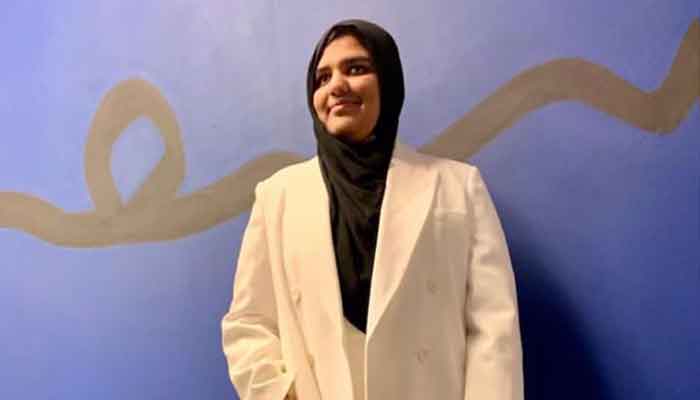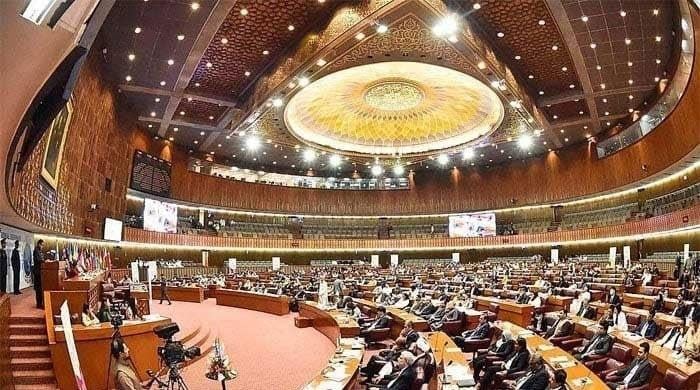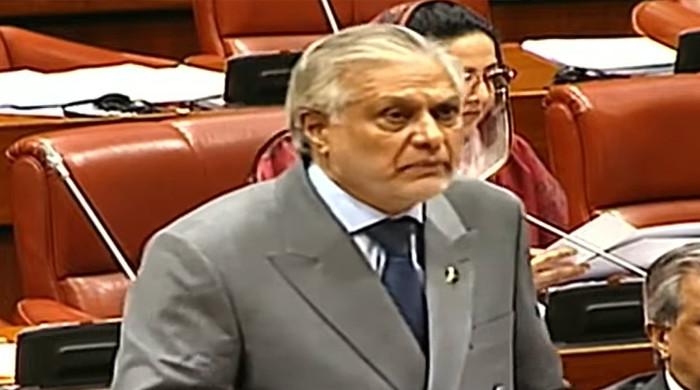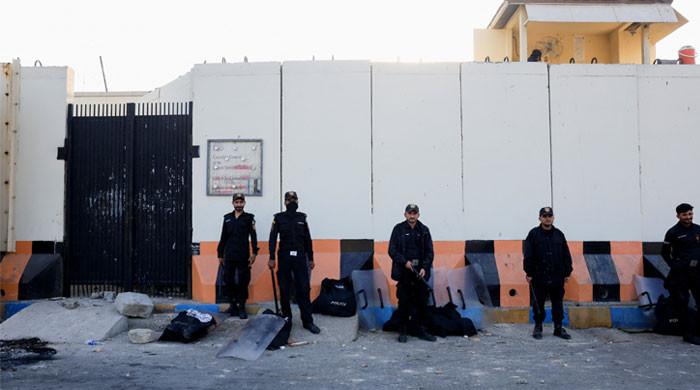Pakistan’s Rhodes Scholar Khansa Maria to raise voice for people with special needs
"The single biggest obstacle in Pakistan is the lack of people with special needs in policy making,' says Khansa Maria
November 14, 2020

Khansa Maria was born blind.
During her childhood, she remembers rushing to get ready for a school interview only to be told the school could not cater for her special needs.
“It was disappointing,” she tells Geo.tv over the phone, “Mainstream schools were not willing to make the required adaptations or go the extra mile for someone like me. You can never forget an experience like that.”
A young Maria completed her early education at a school near her home in Lahore, before enrolling at the Lahore Grammar School. In those days, while some were not willing to address Maria’s needs, others saw her as an inspiration. “But I didn’t feel like an inspiration back then,” she said, “I hadn’t done anything to be an inspiration.”
That quickly changed. Today, the 21-year-old is a senior at Georgetown University Qatar, pursuing a Bachelor of Science in Foreign Service.
This week, she added another feather in her cap.
The prestigious Rhodes Scholarship selected her to study at the University of Oxford in the United Kingdom. In fact, she is the first Pakistani woman with a disability to be named a Rhodes scholar-elect.
But she is not too keen on the label. “My blindness should not be the sole defining factor about me,” she told Geo.tv.
Campaigning from a young age, Maria has spoken at various conferences around the world calling for a removal of barriers people with disabilities face. Her own organization, “Hope for Tomorrow”, raises awareness about people with special needs.
Maria explains that the single biggest obstacle in Pakistan is the lack of people with disabilities in the policy making and enforcement processes.
“The disable community lacks a voice,” she said, “You just don’t see [disable] people on the mainstream level.” She hopes to change that when she returns to Pakistan after completing her postgraduate at the Oxford University. “It is important to start engagement first at the grassroot level.”











